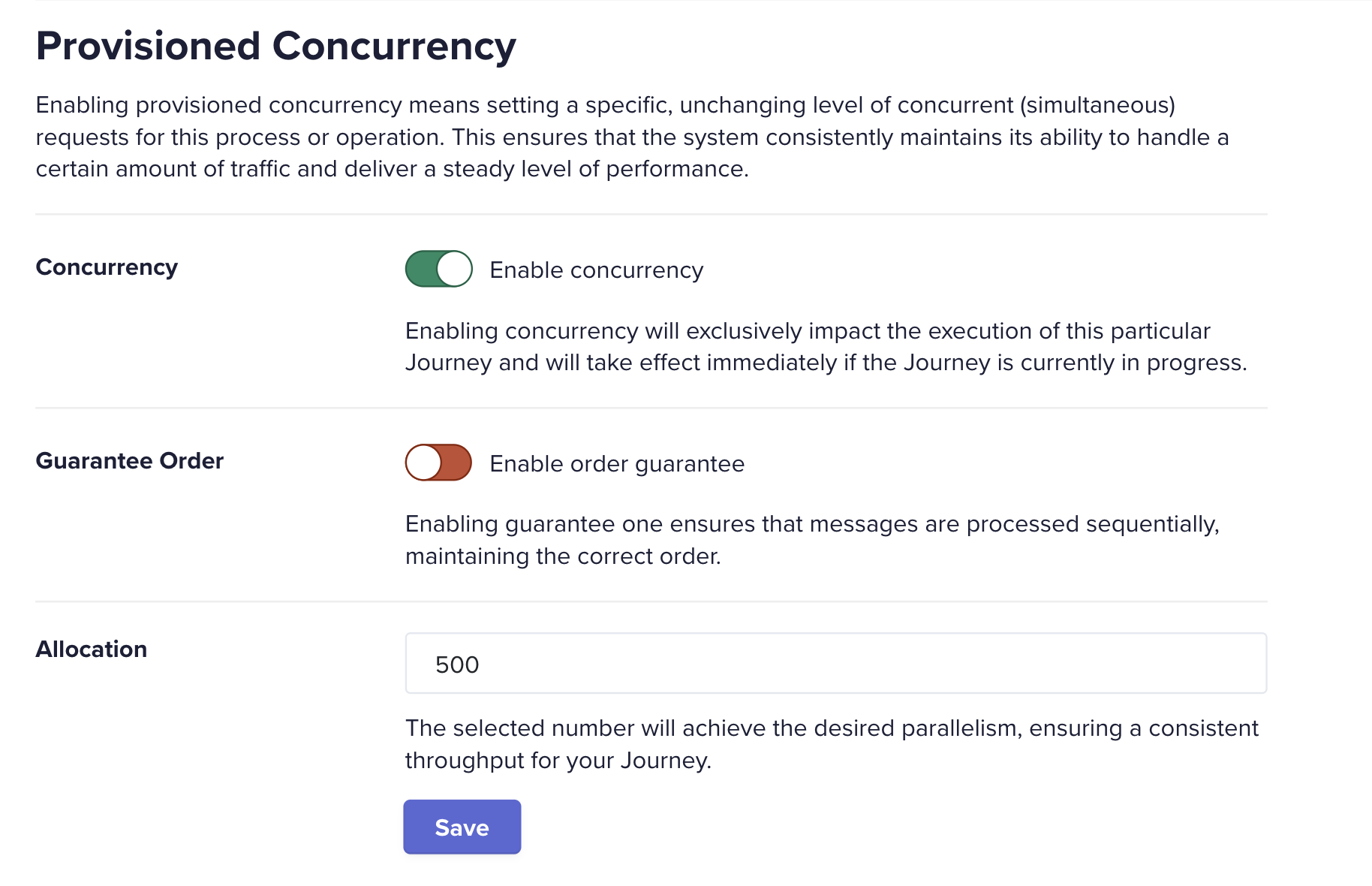Availability & Reliability
Also includes Mission critical workloads, Durable executions, Order guarantees
Regional Availability & Multi-Zone Resilience
Quickwork is available in various regions and zones, allowing customers to operate in a single region or perform active-active replication of their workflows across multiple regions to ensure high availability. However, this setup is not configured by default and requires manual intervention from the customer. Each region utilizes all availability zones provided by the respective cloud provider, either explicitly or via a neutron network. This applies to both data and intermediate processing layers, such as streaming and message queue systems, where data is acknowledged only when replicated across a minimum of three instances in separate zones.
Transaction Reliability & Mission-Critical Mode
Each transaction in Quickwork is executed in a dedicated, stateless container by default. In the event of an instance or machine-level disruption, your transaction could lose its state and in-memory data in rare cases. However, Quickwork offers the option to enable mission-critical workloads, where each activity within your transaction is committed and stored in a state machine. This ensures data recovery and the regular resumption of transactions, even in the case of critical disruptions such as hardware failures. While this increases reliability to the extent of tolerating critical hardware failures, it adds latency due to state storage before and after performing each activity. If mission-critical workloads are turned off, transactions will be marked as failures with a reason provided in the rare event of a disruption.
Durability & Transaction Lifespan
All transactions in Quickwork are durable, meaning you can resume or delay them for days, months, or even years, depending on your data retention period with Quickwork.
Workflow Execution Order Guarantees
Quickwork also supports order guarantees, which are disabled by default at the individual Journey level. Enabling this setting ensures that requests are processed in the order they are received, with subsequent transactions executed only after the previous ones have been completed.

Updated 3 months ago
